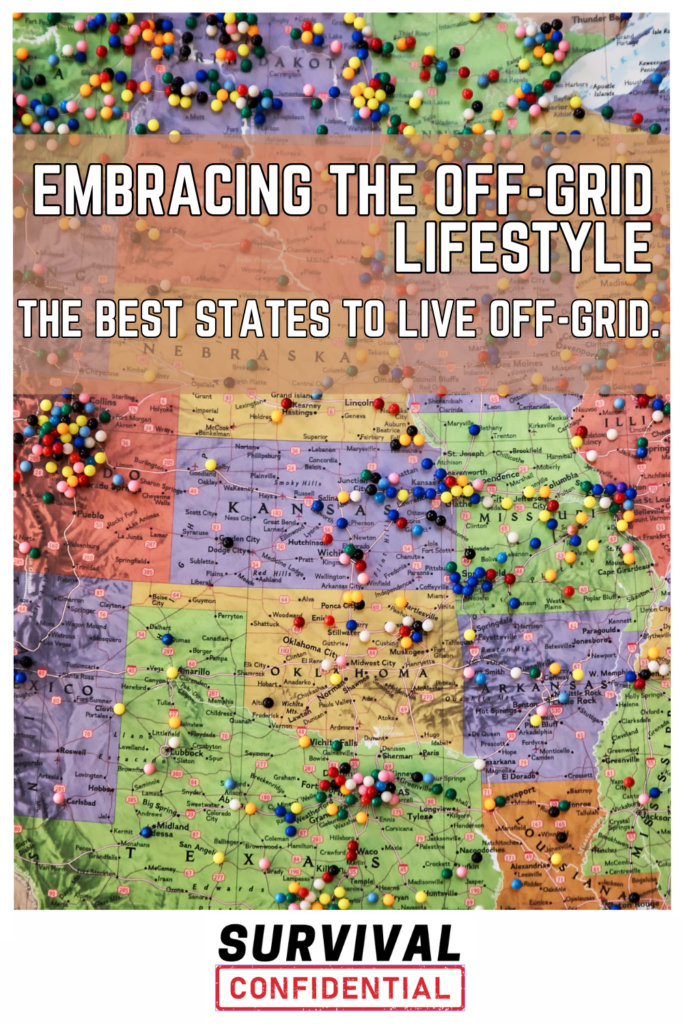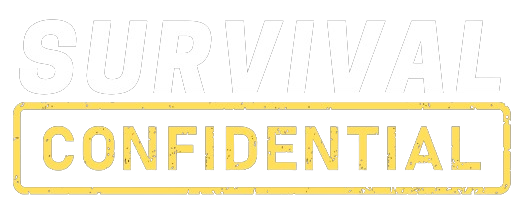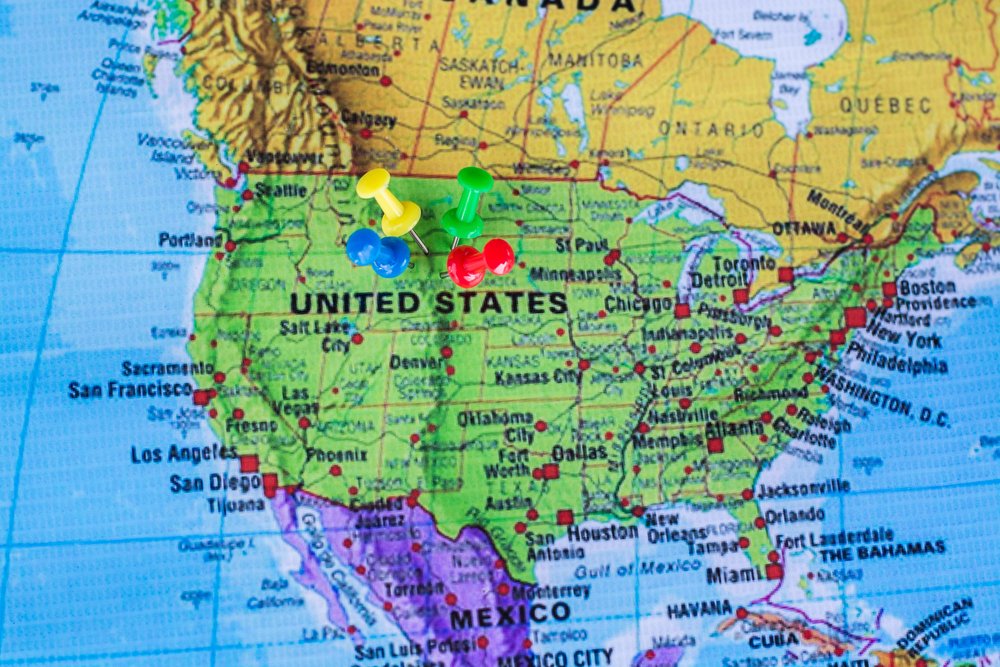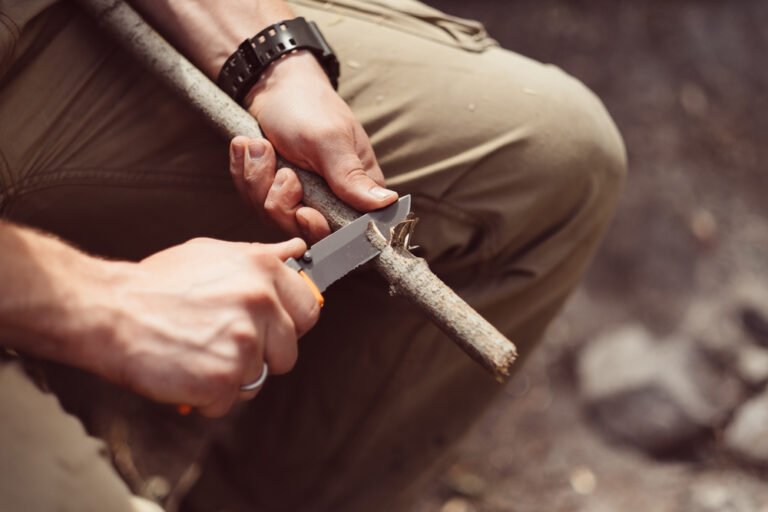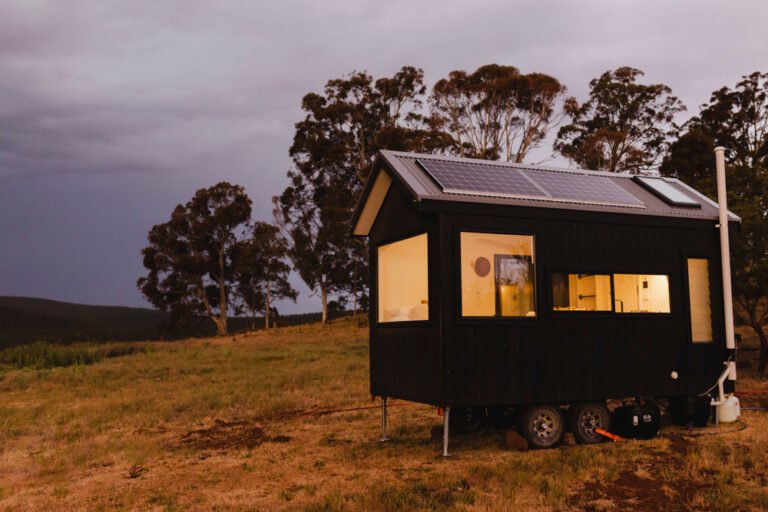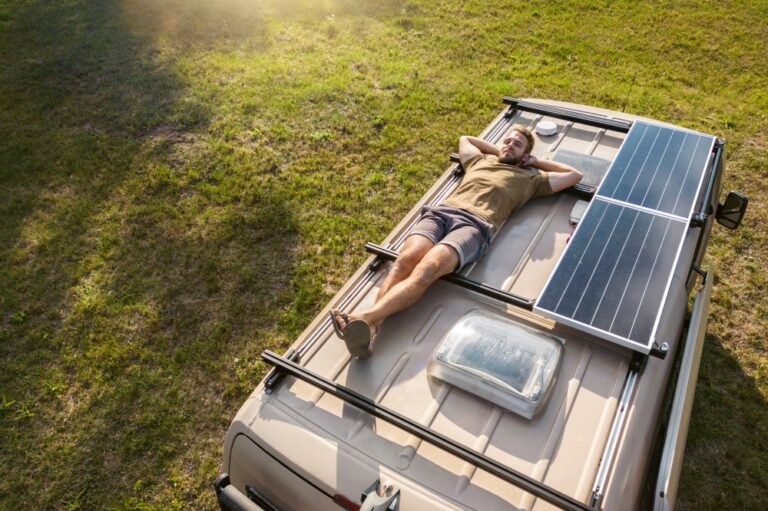Embracing the Off-Grid Lifestyle: The Best States To Live Off-Grid.
Journey into Off-Grid Living
My journey into off-grid living started a few years ago. I was tired of the city’s hustle and bustle and yearned for a simpler, more meaningful life. So, I took the plunge, and it’s been an incredible journey of learning, growing, and connecting with nature.
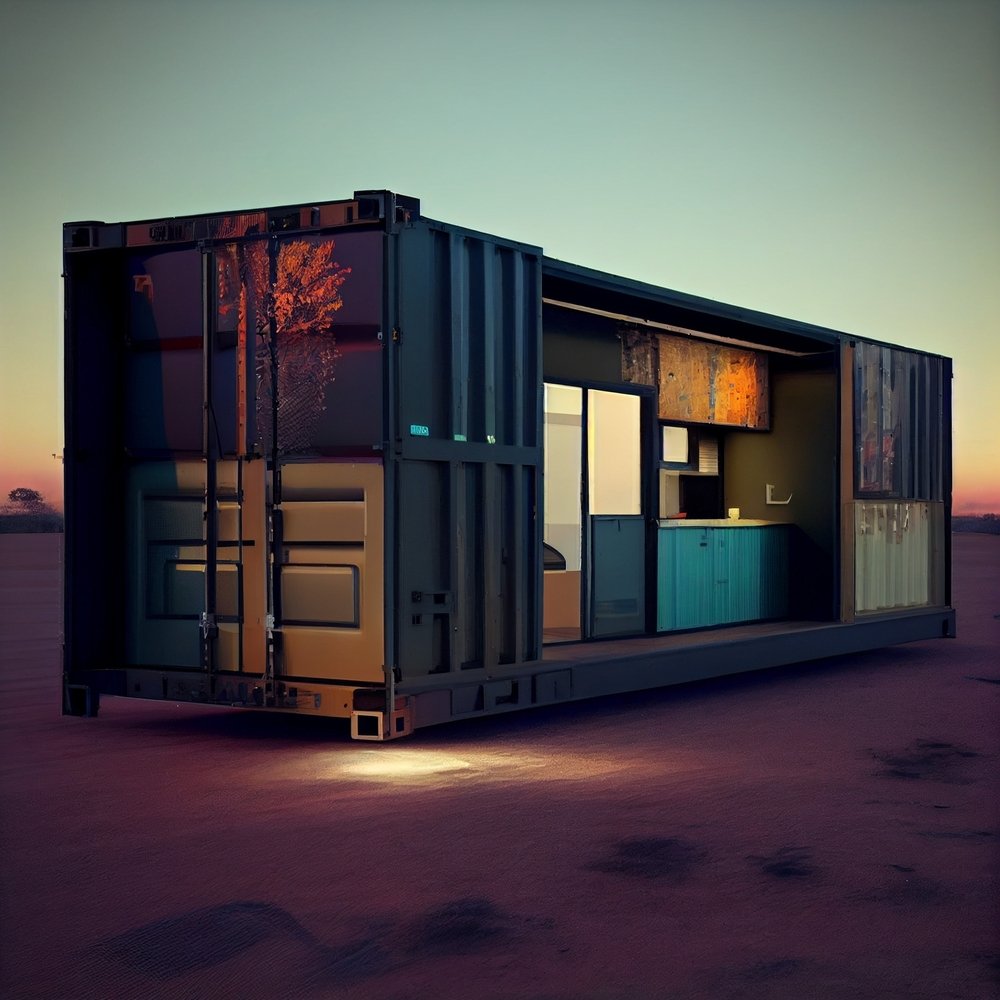
I’ve come to understand the allure of this unique lifestyle. Off-grid living isn’t just about disconnecting from the mainstream; it’s about self-sufficiency, harmony with nature, and a profound sense of freedom. In this comprehensive guide, I will delve into the best states in the USA for living off-grid, focusing on Alaska, Montana, and Wyoming. These states offer a blend of natural beauty, resource availability, and a supportive legal framework that makes them ideal for an off-grid lifestyle.
Introduction
Defining the Off-Grid Lifestyle
Off-grid living means different things to different people. At its core, it involves disconnecting from the traditional power grid and often, opting out of municipal services like water and sewerage. But it’s more than that. It’s about creating a self-sufficient lifestyle that’s in tune with the environment.
Why People Choose Off-Grid Living
The reasons for choosing an off-grid life are as varied as the people who choose it. Some seek independence and self-reliance; others are driven by environmental concerns or a desire for a simpler, more meaningful way of life. Whatever the reason, the journey towards off-grid living is as rewarding as the destination itself.
This introduction sets the stage for an in-depth exploration of off-grid living, specifically in Alaska, Montana, and Wyoming. Each section will cover the advantages, challenges, and unique aspects of off-grid living in these states. The article will also touch on sustainability, community, financial aspects, and preparation for an off-grid lifestyle.
Top State #1: Alaska
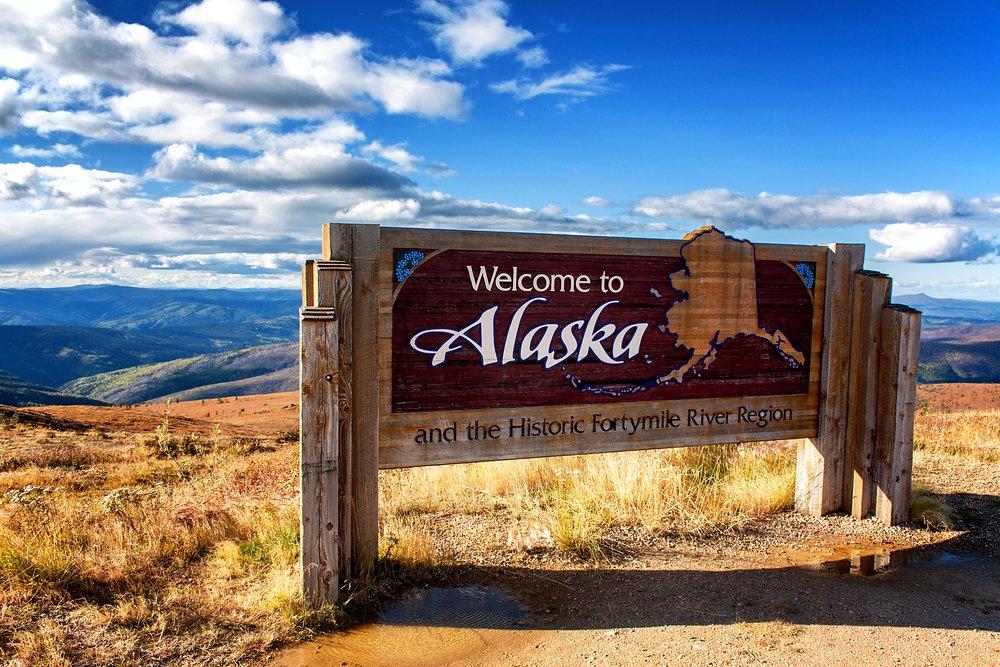
The Wild Frontier
Alaska, often referred to as the Last Frontier, is a land of vast wilderness and unparalleled beauty. It’s a place where nature dominates and human presence feels minimal, making it an ideal location for those seeking to live off-grid.
Benefits of Alaskan Off-Grid Living
Living off-grid in Alaska offers a sense of freedom and adventure that is hard to find elsewhere. The state’s vast tracts of unspoiled nature provide ample opportunities for hunting, fishing, and foraging, essential components of a self-sufficient lifestyle. Additionally, Alaska’s unique laws and regulations are generally favorable towards off-grid living, allowing more freedom in terms of building and land usage.
Challenges and Considerations
However, off-grid living in Alaska comes with its challenges. The harsh climate, particularly in winter, requires thorough preparation and adaptability. Access to certain areas can be limited, and residents must be prepared for isolation and self-reliance in emergencies. Despite these challenges, for those who are prepared, Alaska offers a fulfilling off-grid experience like no other.
Top State #2: Montana
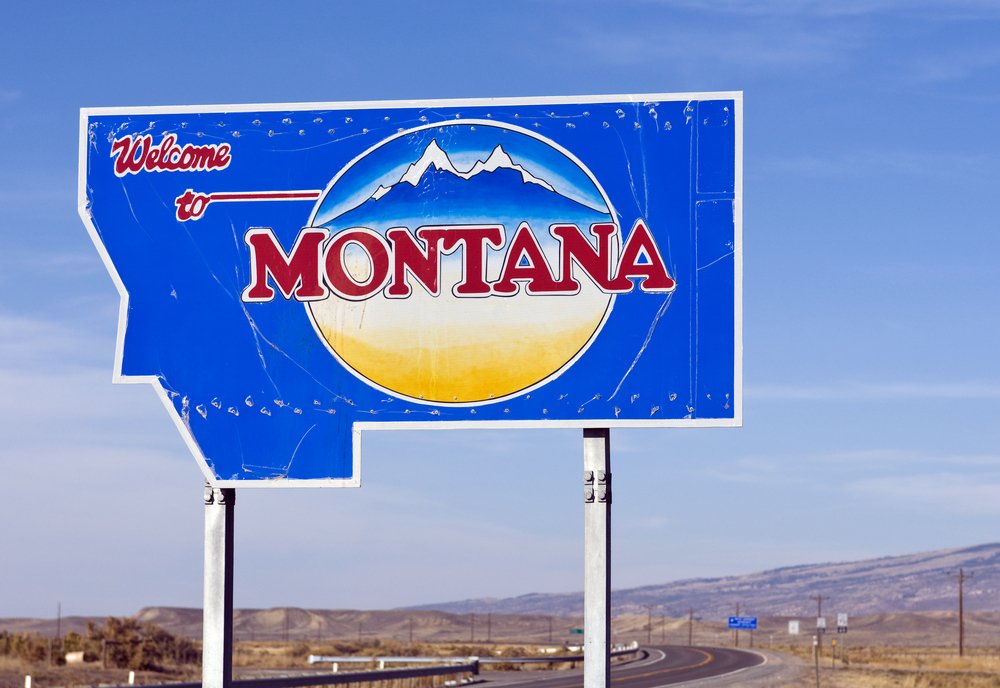
Big Sky Country
Montana, known as Big Sky Country, is famed for its sprawling landscapes and rugged mountains. It’s a state where the sky seems endless and the possibilities for off-grid living are just as vast.
Advantages of Living Off-Grid in Montana
Montana offers a mix of solitude and community that is ideal for off-grid living. The state’s diverse landscape provides numerous options for setting up an off-grid homestead, from mountainous regions to more arable lower lands. Montana is also known for its relatively lax zoning laws, making it easier to build and live on your off-grid property.
Potential Downsides
The challenges of off-grid living in Montana include extreme weather conditions and the potential for wildlife encounters. Additionally, some areas may have limited access to resources, requiring more extensive planning and preparation. However, for those who are up for the challenge, Montana offers a rewarding off-grid lifestyle amidst stunning natural beauty.
Top State #3: Wyoming
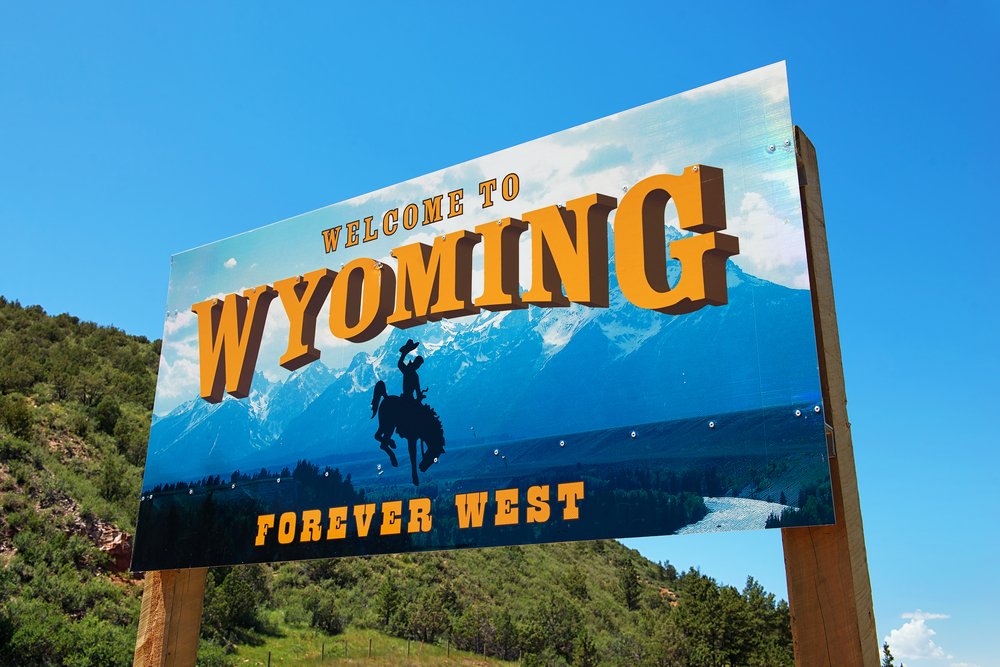
The Untamed West
Wyoming, the untamed West, is a land of open plains, mountain ranges, and a rugged individualistic spirit. It’s a state that embodies the essence of off-grid living with its vast open spaces and strong sense of independence.
Perks of Wyoming for Off-Grid Life
Wyoming’s low population density means there’s plenty of room for off-grid living. The state offers a variety of ecosystems, from the Rocky Mountains to the high plains, providing diverse options for homesteading. Wyoming also has favorable tax laws and a lack of zoning regulations in many areas, which is advantageous for off-grid settlers.
Considerations Before Moving
One must consider the remoteness of many areas in Wyoming. While this provides privacy and solitude, it can also mean limited access to amenities and a need for self-sufficiency in terms of healthcare and emergency services. The weather can be unpredictable and harsh, particularly in the winter months. Nevertheless, for those who value independence and are prepared for the challenges, Wyoming can be an off-grid paradise.
Conclusion
Recap of Top States
In conclusion, Alaska, Montana, and Wyoming each offer unique opportunities and challenges for off-grid living. From the wild frontiers of Alaska to the open skies of Montana and the rugged independence of Wyoming, these states are ideal for those seeking a sustainable, self-sufficient lifestyle.
Final Thoughts on Off-Grid Living
Off-grid living is about more than just survival; it’s about creating a life that’s in harmony with nature and true to your values. It’s a journey of discovery, learning, and growth. For those who are ready to take the leap, the rewards are immeasurable.
FAQs
FAQs
- What are the initial costs of setting up an off-grid home?
- The initial costs can vary widely depending on location, type of home, and the systems you install. Generally, it includes the cost of land, renewable energy systems, water systems, and the construction of the home itself.
- How do I choose the right state for off-grid living?
- Consider factors like climate, legal regulations, access to resources, and your personal lifestyle preferences. Research and visit potential locations to get a feel for the community and environment.
- What skills are most important for off-grid living?
- Essential skills include knowledge of renewable energy systems, basic carpentry, gardening, and water management. Skills in self-reliance and problem-solving are also crucial.
- Are there any legal issues I should be aware of?
- Yes, be aware of zoning laws, building codes, water rights.
Related Links:
“Living Off-the-Grid: A Guide to Sustainable Energy Sources” from Yale’s Ledger: This guide delves into various sustainable energy options for off-grid living, including solar, wind, hydro, and biomass systems. It emphasizes the importance of being self-sufficient in energy production and offers insights into different systems suitable for off-grid setups. The article also covers aspects like energy storage solutions, maximizing energy efficiency, and integrating multiple systems for a reliable energy supply.
